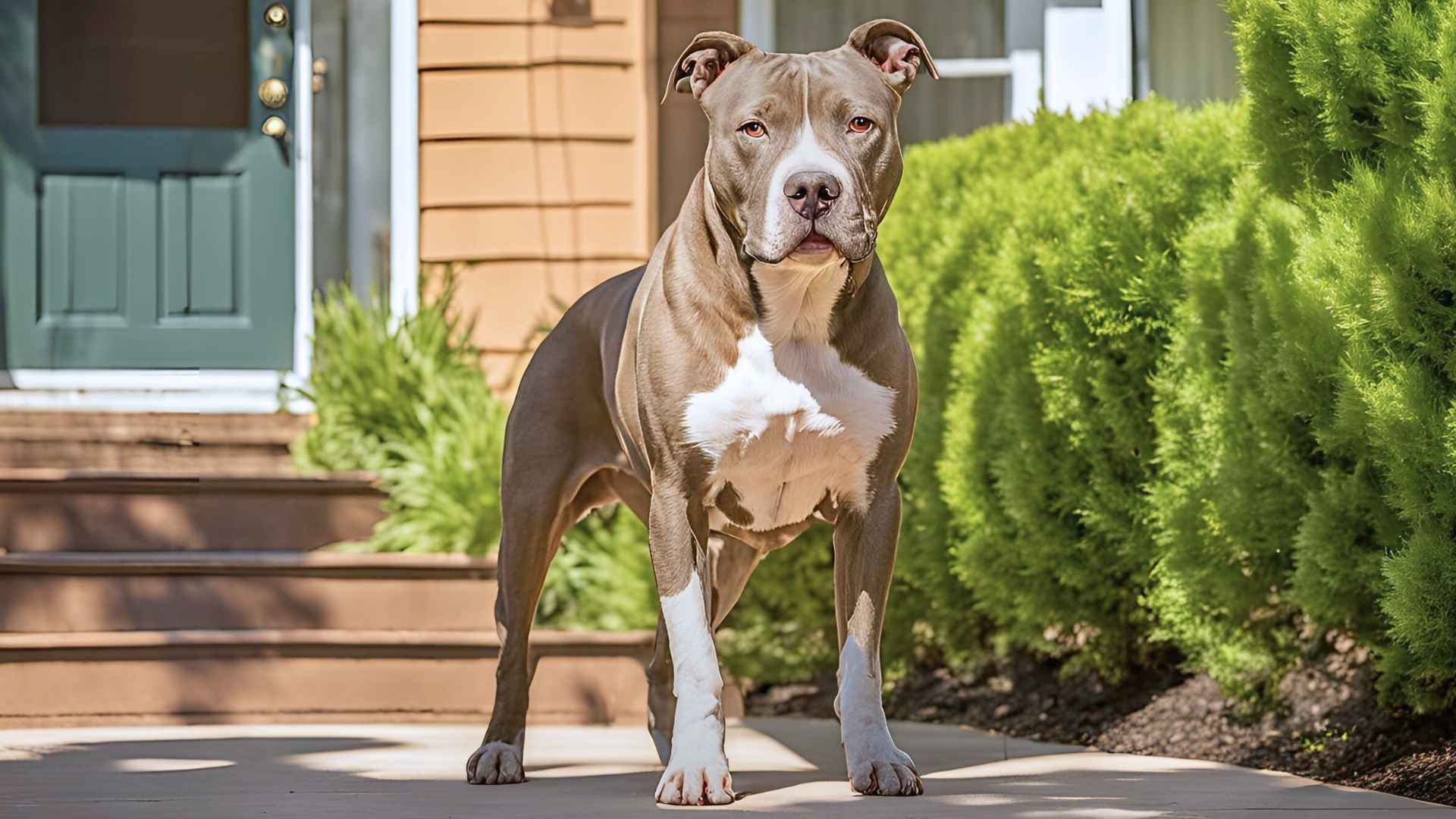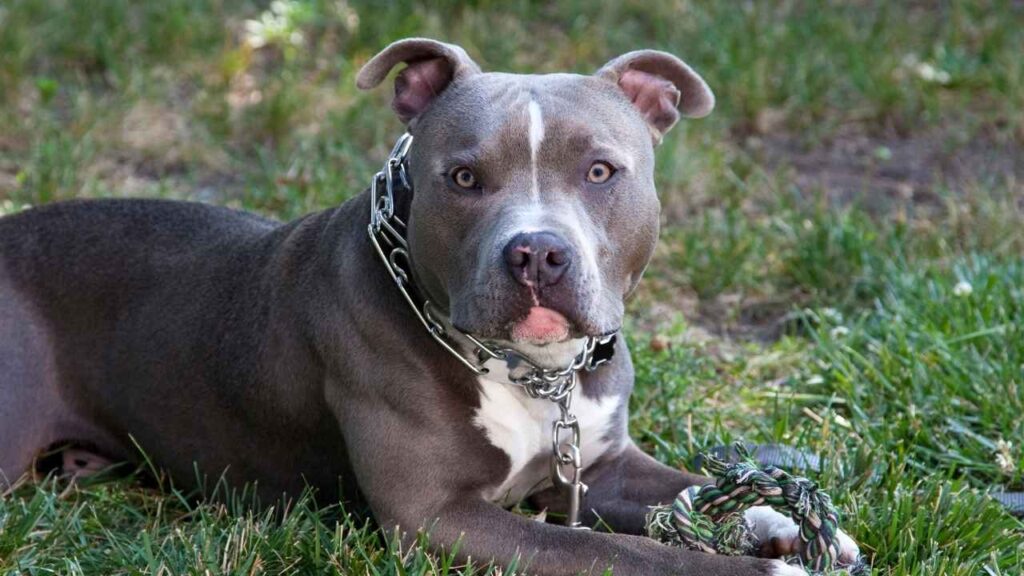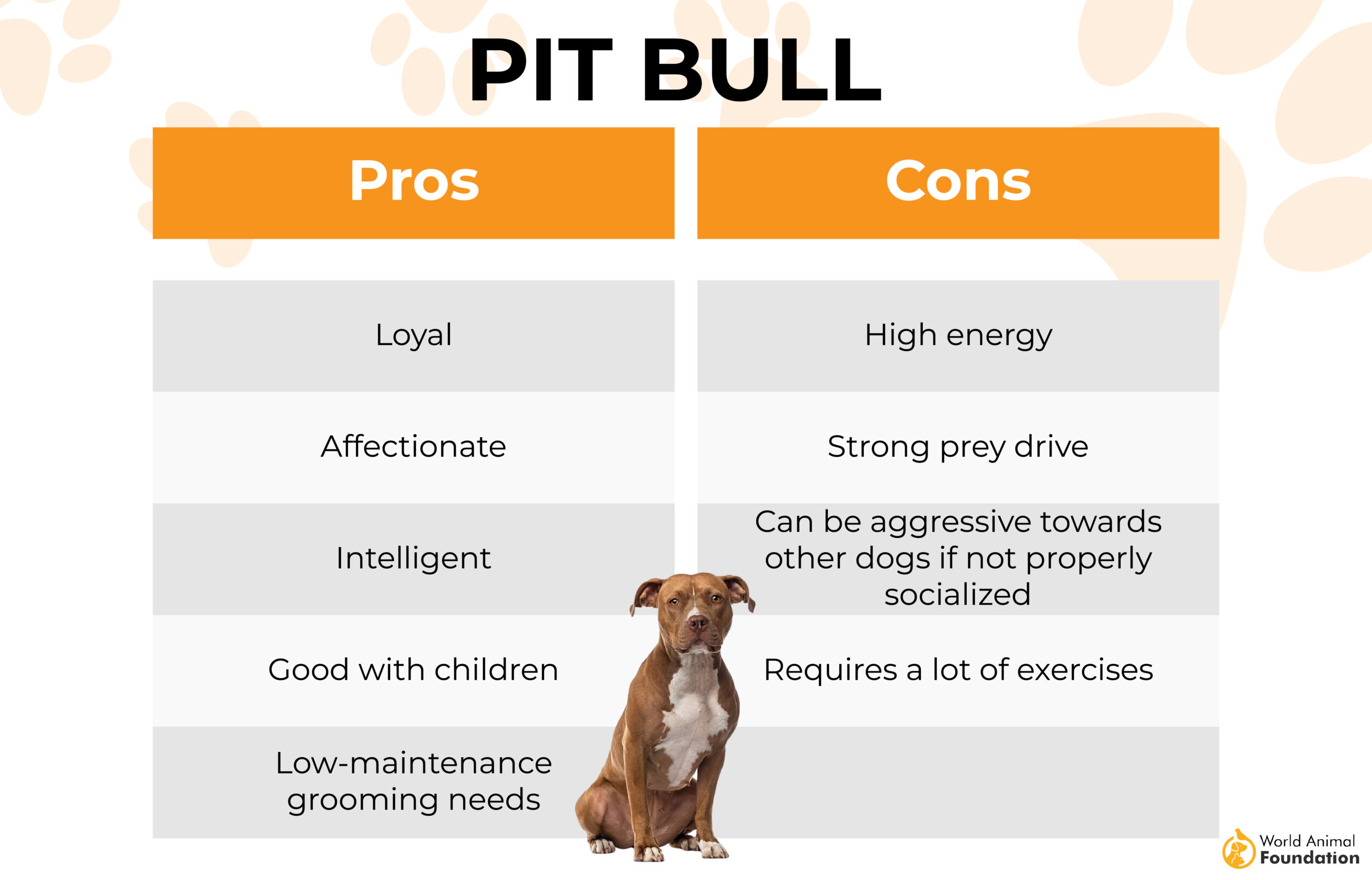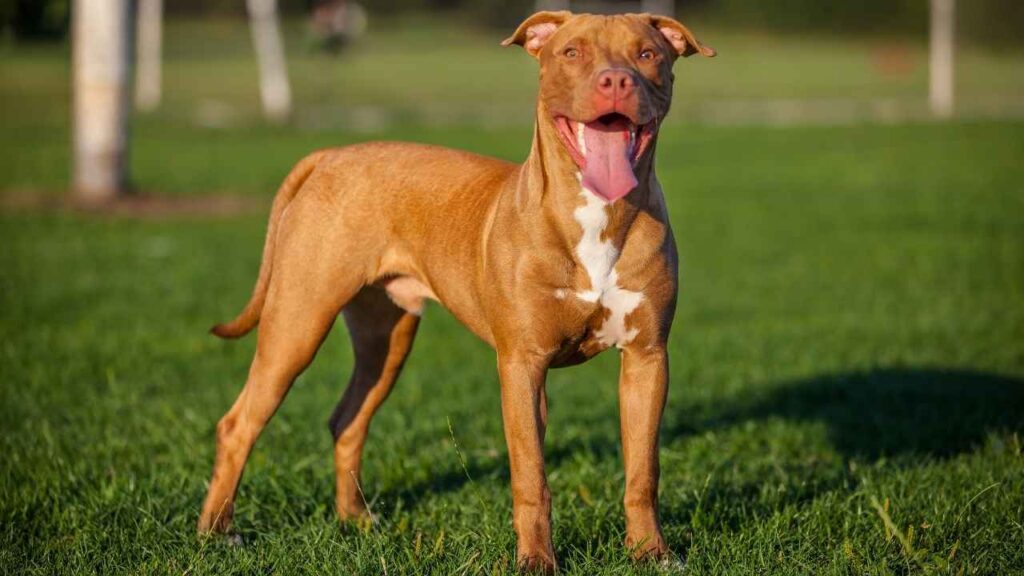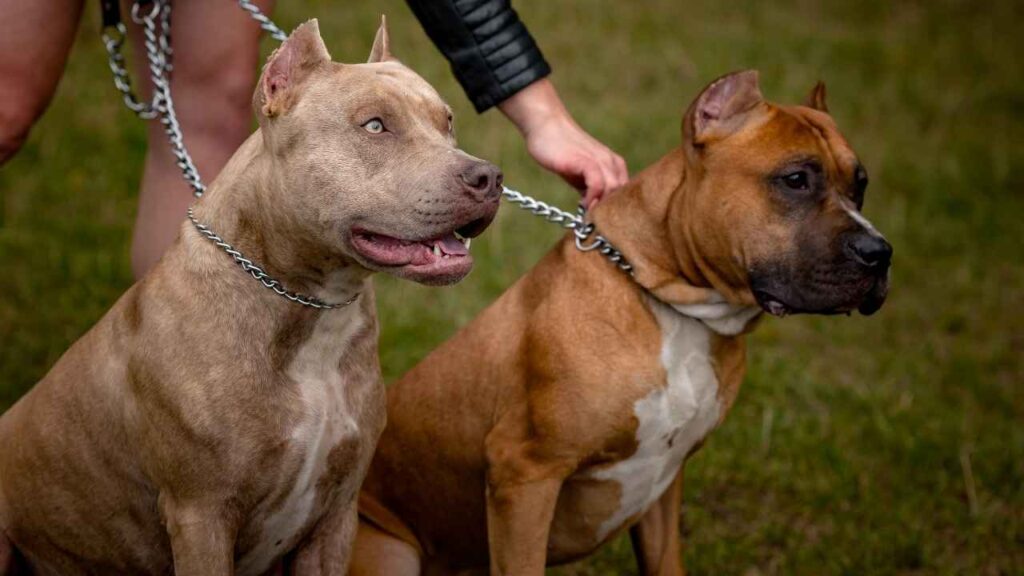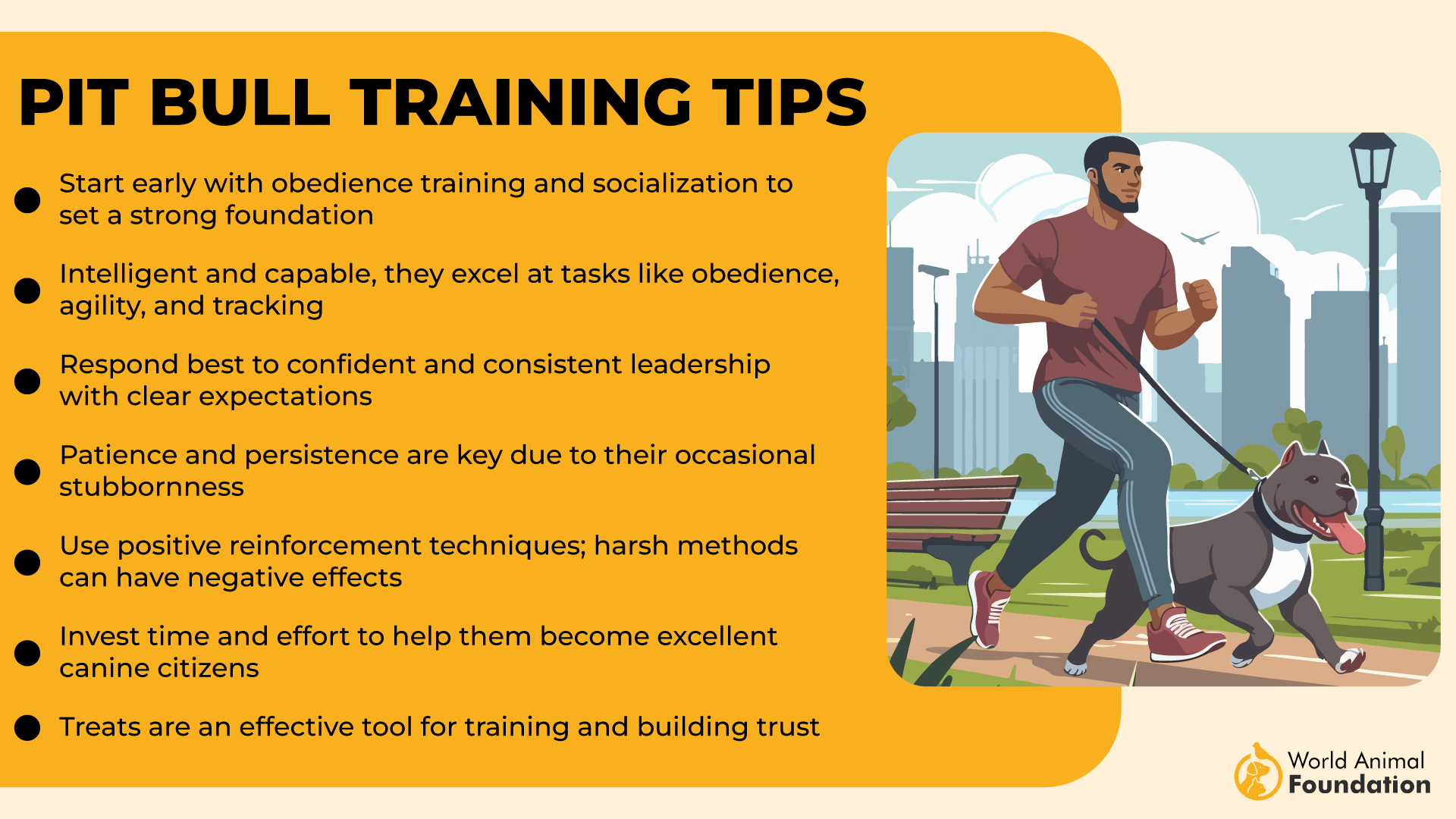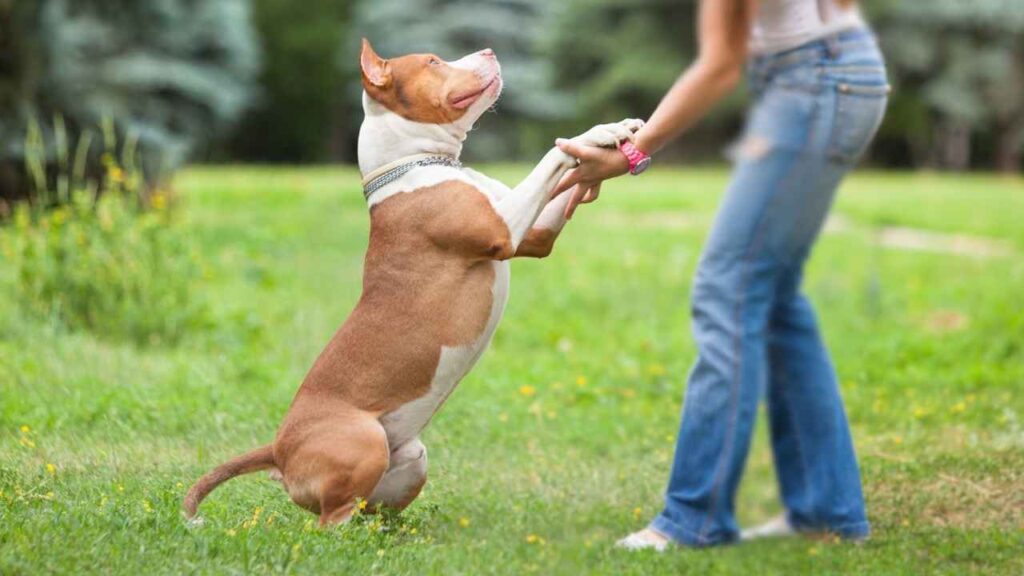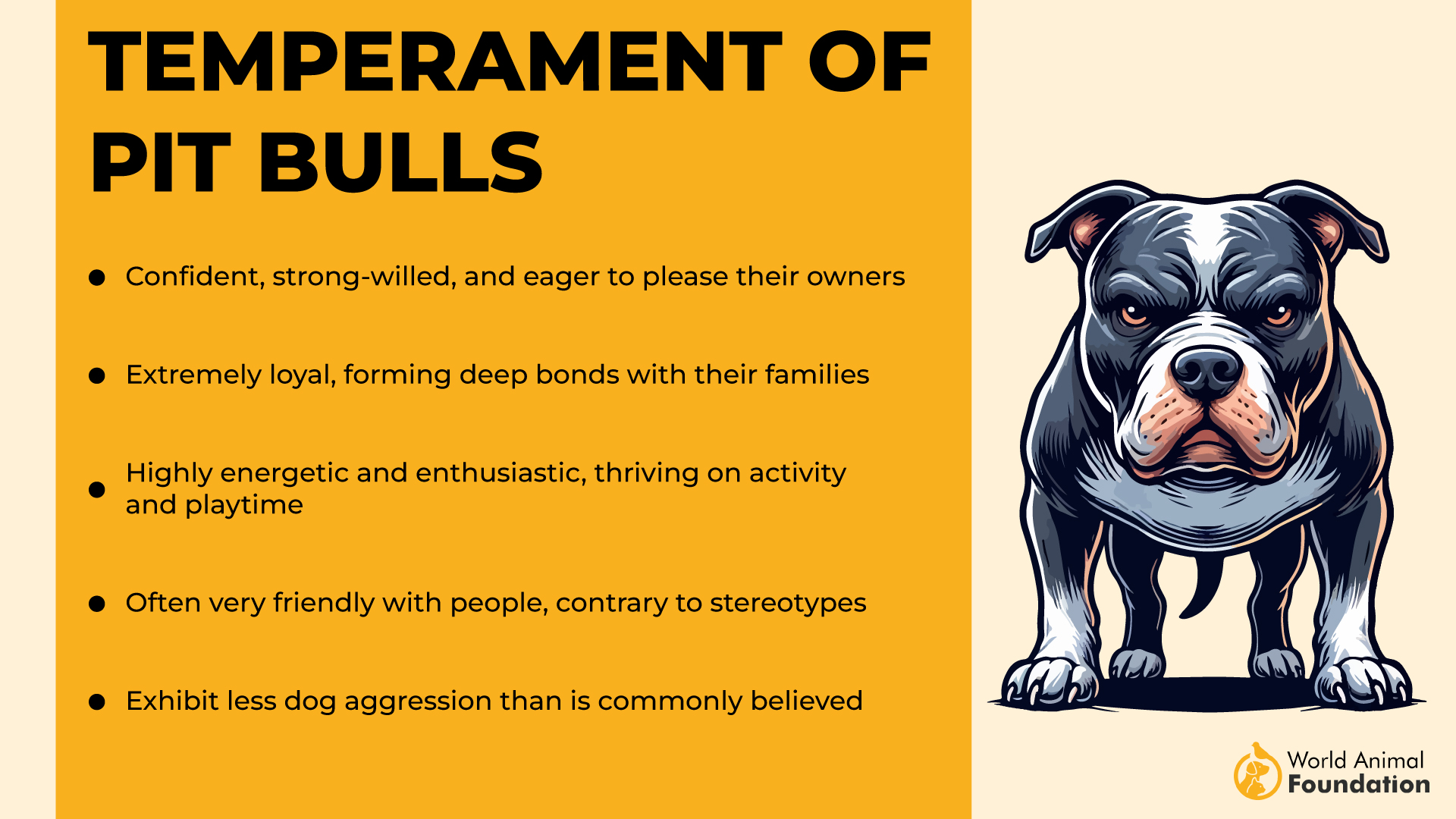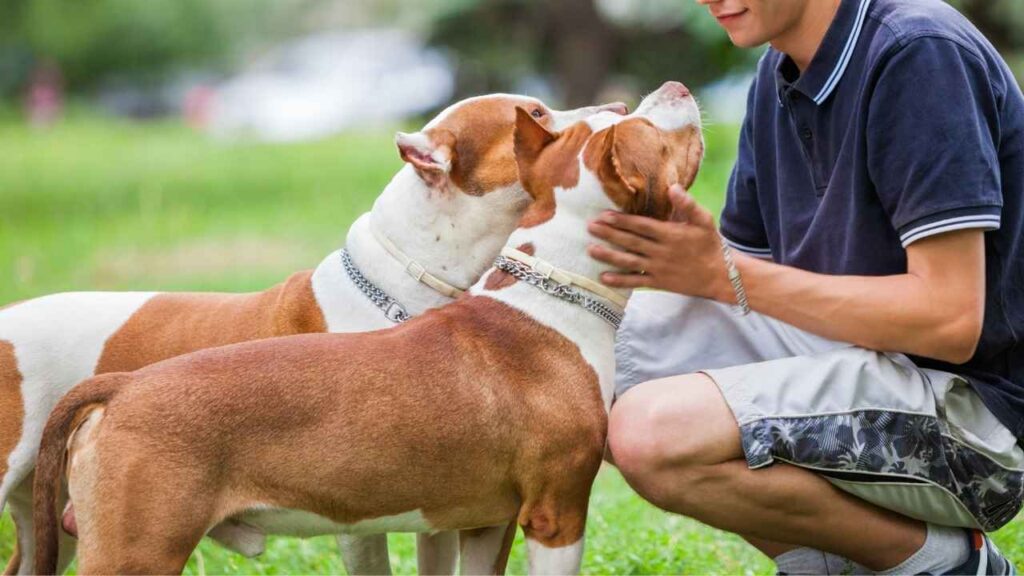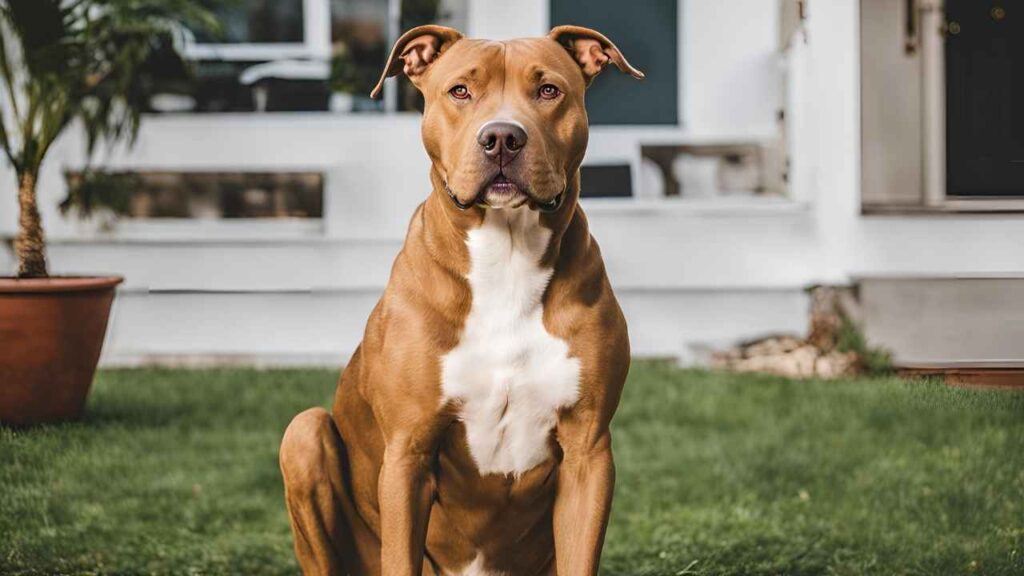Pitbulls often evoke images of strength and loyalty, qualities that make them popular choices for various roles, including guard dogs. Their powerful build and instinctive protective nature can indeed serve as formidable deterrents to intruders. However, the question remains: are Pitbulls truly ideal as guard dogs? This inquiry delves into their temperament, training needs, and inherent characteristics to evaluate their effectiveness in protection roles. While their courage and tenacity are undeniable strengths, potential challenges, such as public perception and legal restrictions, add complexity to their suitability. Understanding these facets is crucial for anyone considering a Pitbull as a guardian.
Pit Bulls often find themselves at the center of heated debates, especially regarding their role as guard dogs. Known for their muscular build, alert nature, and determination, many wonder: Are they the right choice to protect a home or property? The answer is a bit nuanced.
While Pit Bulls are not the typical “guard dog” breed like German Shepherds or Dobermans, they certainly possess qualities that can make them effective protectors. But it’s not just about being big and tough—being a great guard dog also involves temperament, training, and the bond with their family.
What makes a good guard dog? Usually, it balances intelligence, alertness, and a strong protective instinct. Pit Bulls score high in these areas, but their effectiveness as guard dogs is often influenced by their upbringing and training. Unlike breeds specifically bred for guarding, they may not instinctively be as territorial, but that doesn’t mean they won’t protect their home if necessary. In fact, they could be loyal and fierce defenders of the right family, primarily if they’ve been taught when to stand firm.
Are Pit Bulls Good Guard Dogs?
Pit Bull dogs can make good guard dogs with intensive training and socialization. Combining physical strength, loyalty, intelligence, and professional training helps them become effective guard dogs.
Exploring the Nature of Pit Bulls
Pit Bulls are often misunderstood, and digging deeper into their nature is essential. At the core, they are affectionate, playful, and intelligent dogs. Contrary to popular belief, Pit Bulls are not inherently aggressive and can be well-mannered and sociable with the proper upbringing.
Their loyalty is unmatched, and they tend to form strong bonds with their families, making them natural companions. However, a Pit Bull puppy needs a structured environment to thrive. A neglected or improperly socialized dog may develop behavioral issues, making them less predictable. But when raised right, they can be an incredible balance of loving companion and protective guardian.
Pit Bulls are also known for their energy and enthusiasm. They thrive when they have a task to focus on, whether that’s play, obedience, or—yes—guarding. While they may not be as naturally suspicious of strangers as some traditional guard breeds, their loyalty to their family can make them a formidable protector if they feel their household members are threatened.
With proper training, many Pit Bulls can learn to distinguish between friendly visitors and those who pose a potential threat, making them reliable home guardians.
Physical Characteristics of a Pit Bull
Pit Bulls’ distinct, robust build makes them an imposing presence. Their muscular, athletic frame gives them a natural advantage in strength and agility. Standing at around 18 to 21 inches tall and weighing between 30 to 85 pounds, Pit Bulls may not be as large as some other guard breeds, but they pack a punch regarding power and endurance.
Their strong jaws and broad chests add to their physical prowess, making them capable of holding their ground if needed. These dogs are built for action, and their quick reflexes can make them highly effective in situations that require alertness.
But it’s not just about the muscles—they are also incredibly agile and show protective behavior. Their body type, which is compact and muscular without being overly bulky, allows them to move swiftly and purposefully. This makes them capable of surprising bursts of energy when protecting their territory.
While some may assume that their strength alone makes them good guard dogs, it’s important to remember that their physical traits are only part of the equation. Even the most muscular dogs won’t be effective protectors without the right temperament and training.
Temperament and Training Needs of Pit Bulls
Pit Bulls are known for their spirited personalities and enthusiasm, but this also means they need solid training and socialization to be effective in any role, including guarding. This dog’s temperament is often described as friendly and affectionate, making them excellent family dogs when properly trained.
However, their protective nature can kick in if they sense a threat to their family, and that’s where obedience training becomes crucial. With the right guidance, this dog can differentiate between normal situations and real threats, allowing it to act as the guardian they’re capable of being.
Britannica says they love to play games and have high energy levels!
Training to make them a good guard dog requires consistency, patience, and proper socialization from an early age. The Pit Bull’s temperament to please the owners makes them highly trainable, but they also have strong wills. This means that without proper discipline, they can become overly protective or display undesirable behaviors.
Positive reinforcement and early socialization expose the American Pit Bull Terrier and Staffordshire Bull Terrier to various situations and train them to respond appropriately. Most Pit Bulls can hone their skills to serve as guard dogs through proper training from a young age.
Societal Perception of Pit Bulls
The perception of Pit Bulls as aggressive or dangerous dogs has been shaped by media coverage, sensational stories, and unfortunate incidents. However, it is worth noting that this reputation often overlooks the true nature of these dogs. AKC says these are good-natured dogs!
They, like any breed, are shaped by their environment, upbringing, and how they are treated. Unfortunately, due to their strong and sometimes intimidating appearance, they’re often painted with a broad brush, causing many to fear them without reason.
In reality, Pit Bulls are among the most loving and loyal dogs you’ll meet. They’re known for being great with families and children, making them excellent companions when raised in a stable, caring environment. WebMD says their “bad reputation” can be a challenge when finding them a home or convincing people of their protective abilities.
But despite public perceptions, they can make exceptional guard dogs with the right training and socialization and will go to great lengths to protect their loved ones. It’s important to remember that their individual personalities are more about how they are raised than the breed they belong to.
The Loyalty of Pit Bulls to Their Families
As mentioned earlier, one key factor that makes Pit Bulls excellent guard dogs is their unwavering loyalty to their families. They bond deeply with their owners and often see their family as their primary pack. This loyalty translates into an instinct to protect the people they love.
Unlike some dogs that may be more independent or less connected to their human companions, these dogs thrive on their relationship with their owners, making them fiercely protective in the face of danger.
A Pit Bull’s loyalty is not just about guarding their home—it’s about their emotional connection to the people they care about. These dogs are especially good with kids and make incredible nanny dogs.
Whether it’s warning of an intruder or staying close to a loved one during tough times, Pit Bulls will always have their family’s back. Their devotion is one of the most endearing qualities of this breed, making them stand out as guard dogs.
Challenges of Using a Pit Bull as a Guard Dog
While Pit Bulls have the physical traits and protective instincts to make excellent guard dogs, they do come with some challenges. For one, their social nature means they may not always be suspicious of strangers, especially if they haven’t been trained.
Some may greet visitors with wagging tails, thinking everyone is a friend, which can be a disadvantage if you’re looking for a naturally more guarded dog. Unlike breeds bred specifically for protection, like the German Shepherd, a Pit Bull may need extra work to develop the skills required to be an effective guard dog.
Another challenge is the general public’s fear of the breed. They are often misunderstood, and their reputation can cause people to view them as inherently dangerous, regardless of the dog’s actual behavior.
This can make it harder for them to be recognized as valuable guard dogs, even when trained and capable. Furthermore, not all dogs will have the temperament needed for protection work. Some may lack the drive or instinct to be territorial, making them less suited for guarding tasks. This is why selecting the right dog and providing consistent training is crucial.
Conclusion
Are Pit Bulls good guard dogs? The answer is yes, but with some important considerations. Pit Bulls have the physical strength, intelligence, and loyalty that make them capable of being effective protectors. However, they require proper training, socialization, and a committed owner to unlock their full potential as guard dogs. While they may not have the same “guard dog” instincts as breeds specifically bred for protection, they can be just as loyal and protective of their families when raised in the right environment.
So, if considering a Pit Bull as a guard dog, be prepared for the challenge of training and building a strong bond. But with the right commitment, these dogs are excellent protectors and some of the most loving and devoted companions you could ever ask for. The key is understanding their temperament, investing time in training, and appreciating them for the incredible dogs they are.
Pitbulls can serve as effective guard dogs due to their loyalty, strength, and protective instincts. Their muscular build and alertness make them formidable in deterring intruders. Additionally, their strong bond with families enhances their protective nature. However, challenges arise from their need for proper training and socialization to manage potential aggression and ensure obedience. Misunderstandings and stereotypes about the breed can also complicate their role as guard dogs. Overall, with responsible ownership and consistent training, Pitbulls can excel as guard dogs, balancing their affectionate nature with their guarding capabilities.

